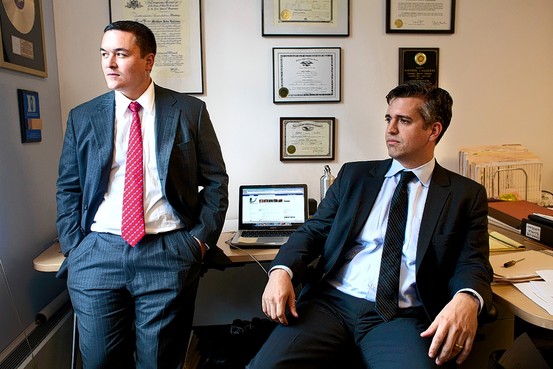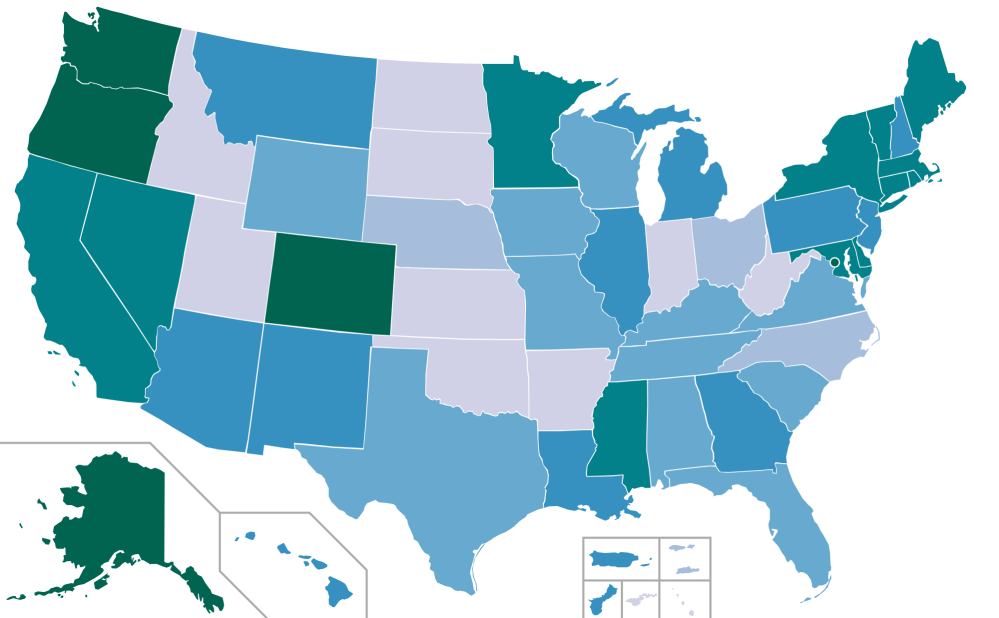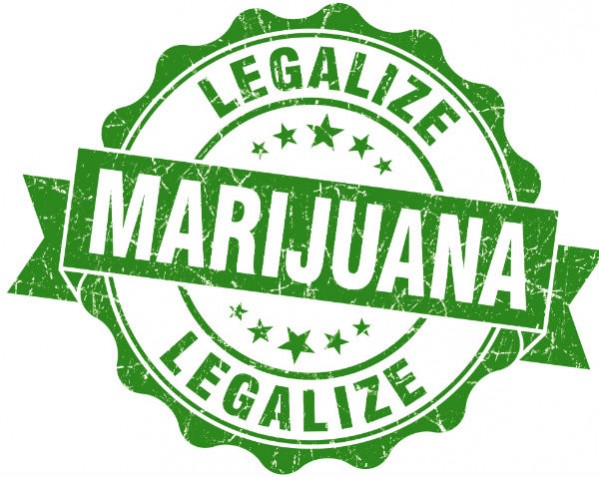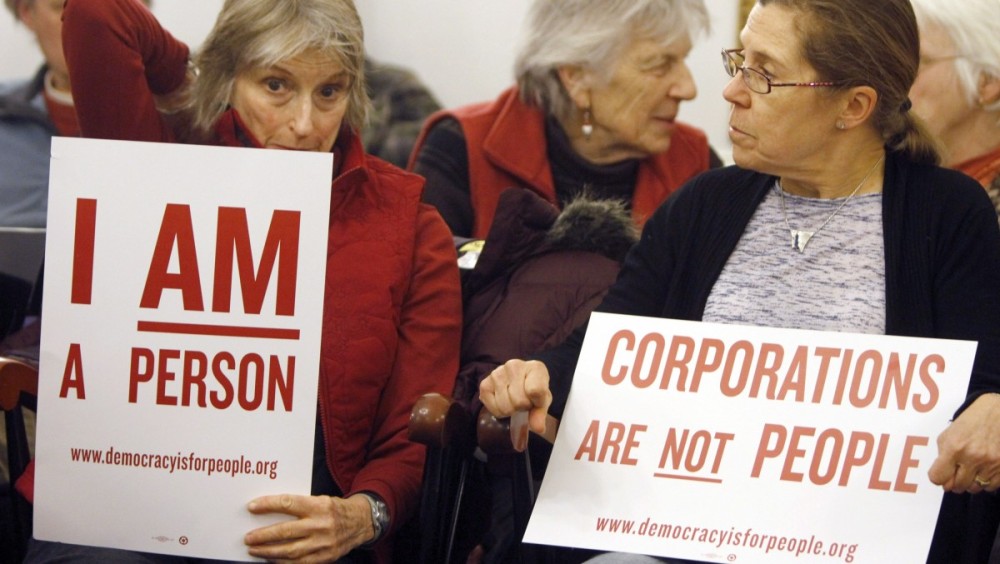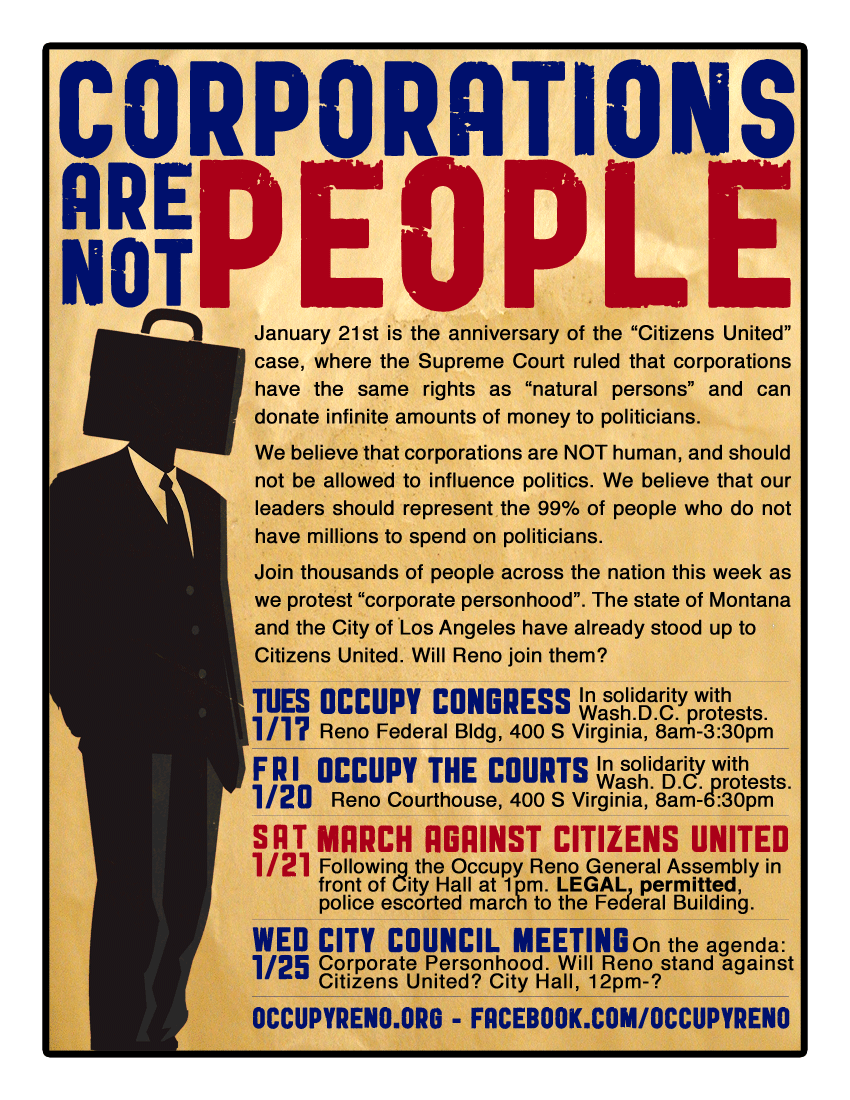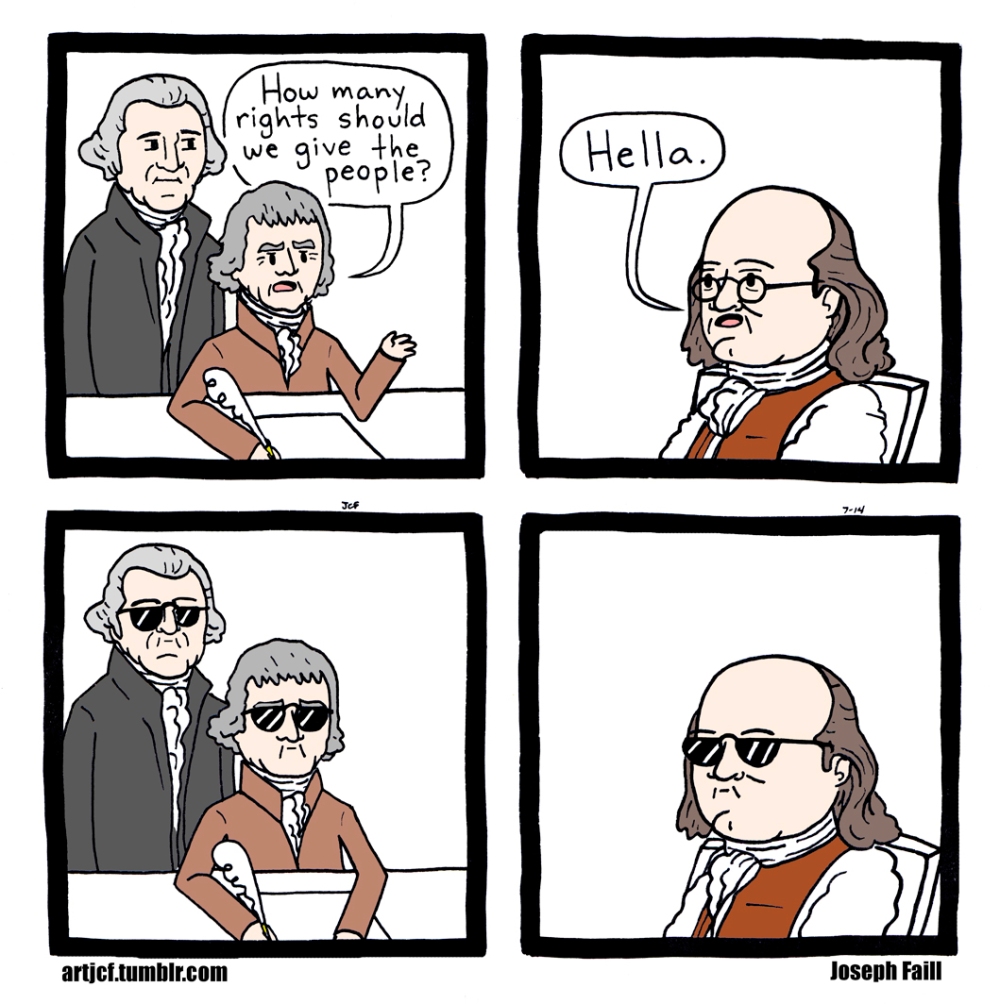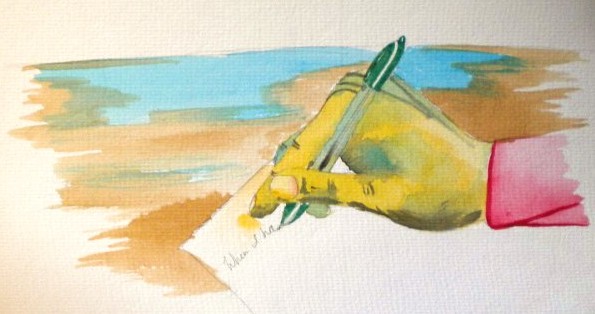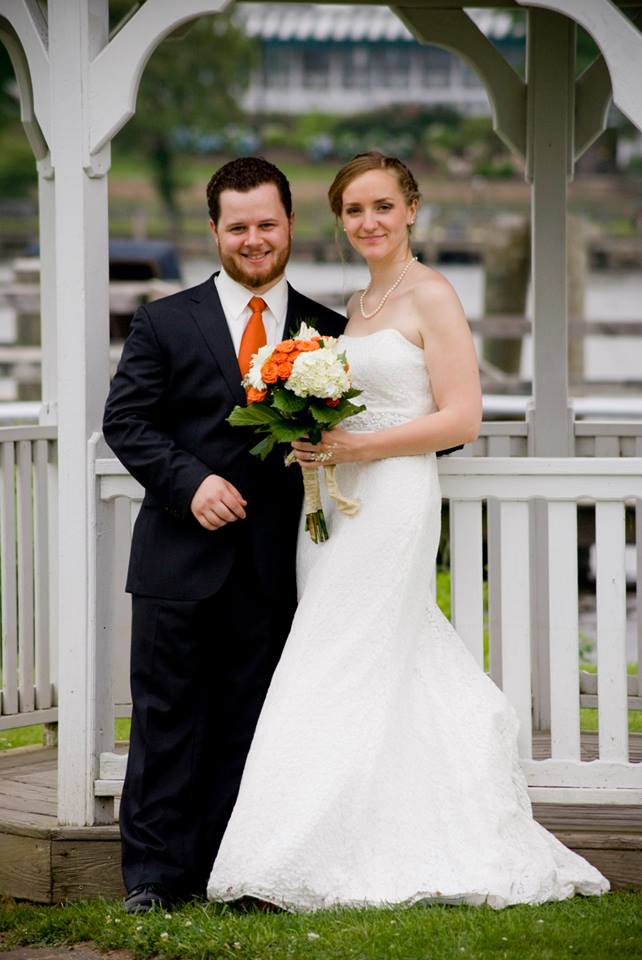On Wednesday morning, my biggest concern was the weather. There was a messy snow-sleet-freezing rain event predicted for that afternoon, which would be just about the worst when I was due to travel to Niantic for an emergency probate hearing.
Little did I know the precipitation would not be the most significant object falling from the sky. Instead of watching the weather reports, I should have been watching out for falling fire extinguishers.
It was already an unexpectedly hectic morning, since I forgot my pump parts at home and had to go there to pump during lunch. Then I went straight to the gas station to fill up before making my way out of town. I left myself over an hour to take a thirty-five minute trip, because I was anticipating a slick ride.
After filling up the car, I leaned into the driver’s seat to get my phone. I always took it with me to take a picture of my check after pumping gas, to keep a sort of “receipt” on hand. With my phone in hand and put my foot back on what I thought was the ground and instead stumbled backwards off the edge of the raised area of cement around the pump kiosk.
While clearly *not* gracefully falling backwards into the cramped, filthy space between the pump and the steel post beside it, I somehow either hit or instinctively grabbed at the massive fire extinguisher hanging in a bright red encasement on the steel post. The red plastic broke, and just after my butt hit the ground, a deep and heavy “clang” hit my head.
I thought the roof was caving in, but I soon realized the fire extinguisher – ever at the ready to aid in an inferno emergency – had eagerly lunged from it’s post and came crashing down on my skull during it’s very brief escape, which quickly ended with a slight roll and then a halt in the parking lot behind me.
It is difficult to explain the sound of a fire extinguisher hitting your own head, but imagine the sound of a mostly empty 55-gallon steel oil drum hitting a concrete floor. Very close to that. And shockingly loud.
After conducting an assessment of life’s basic functions, and suddenly realizing no one was asking me if I was okay, I looked around to see no one was there. All the cars around me were abandoned, and I was in odd position of deciding what to do next. Cry? Try not to, dear. Yell? I think I can get up. Call Massimo? Not now.
Let me try getting up.
I did, and after a brief near-breakdown leaning over my front seat, I made my way inside, if for no other reason than to inform the clerk she should pick up the fire extinguisher before someone hits it with their car.
I did not exactly know what to say when I got inside. I was upset, dirty, and beginning to shake from the adrenaline. I opened my mouth. “I don’t… I’m not sure how to put this…. The fire extinguisher fell on my head.”
The staff took a moment to register what I said, and then rushed to give me a seat and I asked for ice for my head. They gave me water, which helped me stop shaking.
After a while the pain came, but I realized this was not nearly as bad as it could have been. I had no blood. Did not lose consciousness. I wasn’t feeling concussed. And other than the facts that I had left myself ample time to get to court and now I would be late, and my black pants and coat were filthy, I was mostly absolutely fine.
Banged up, but fine.
My co-worker drove me to court because at that point I was concerned my condition could change and I would rather not be behind the wheel when that happened. Everyone continued to ask and question, and practically force me to go to the hospital to get checked out but by the next morning, the only evidence of the accident was the bruise on my thigh. My head was completely painless.
Other than being extremely happy and thankful I did not get seriously – or even minorly – injured in this odd episode, the other strange experience to come from the falling fire extinguisher is that it was the first time I got hurt as an attorney. And people are weird about attorneys getting hurt.
Most assume attorneys are litigious folks – who can and will sue at the drop of a hat, and drag it out, for that matter, and make your life miserable! But, in my experience, most attorneys are the opposite. Maybe it’s something about how doctors make the worst patients, and caregivers look out for themselves last: with all the litigation around me, the last thing I want to and have time to worry about is a lawsuit of my own!
Maybe it’s because I see the ugly side of litigation. I love my job, but it is hard, and litigation is hard and exhausting and long, and even if you win you never really “win.” All that to say, I know how difficult litigation can be, and even though I am a lawyer myself – or perhaps because I am a lawyer myself – I do not have any interest in being a party in a lawsuit.
I also know the reality. People threaten to sue all the time, in the heat of an argument, anticipating the sweet judgment they receive imminently will release their feelings and make the other party feel the weight of their wrong. But those are hot-headed feelings. They go away (or at least they should), and I know that litigation takes a long time. I know it takes trips to court. And letters. And decisions. And discovery. And phone calls. And meetings. And in the end, their insurance company pays out and lawyers take their bit and your insurance company takes what is their’s and you get what is left. And those feelings you started with are a distant memory. And the other party you were so eager to get to feel how wrong and evil and bad they were didn’t even pay anything.
Now, to be fair, in my case I would have had no choice but to demand compensation for my medical bills, because with my insurance plan, they could be tens of thousand of dollars out of pocket if I had a true injury. But I have no interest in going to doctors, getting tests, getting treatment, paying bills, and demanding compensation. I have no interest in suing anyone. I have no interest in stressing anyone out. I have no interest in getting hurt!
There is a time and a place to sue. There are strategic and necessary and justified reasons to go to court. There is a way to go through litigation with as little pain as possible. There is a reason for the judicial system and for my job, or else I would not be here!
But this, thankfully, was not one of those times. It was an accident. I am literally fine, and we can all move on with our lives.
– D. E. Barbi Bee



